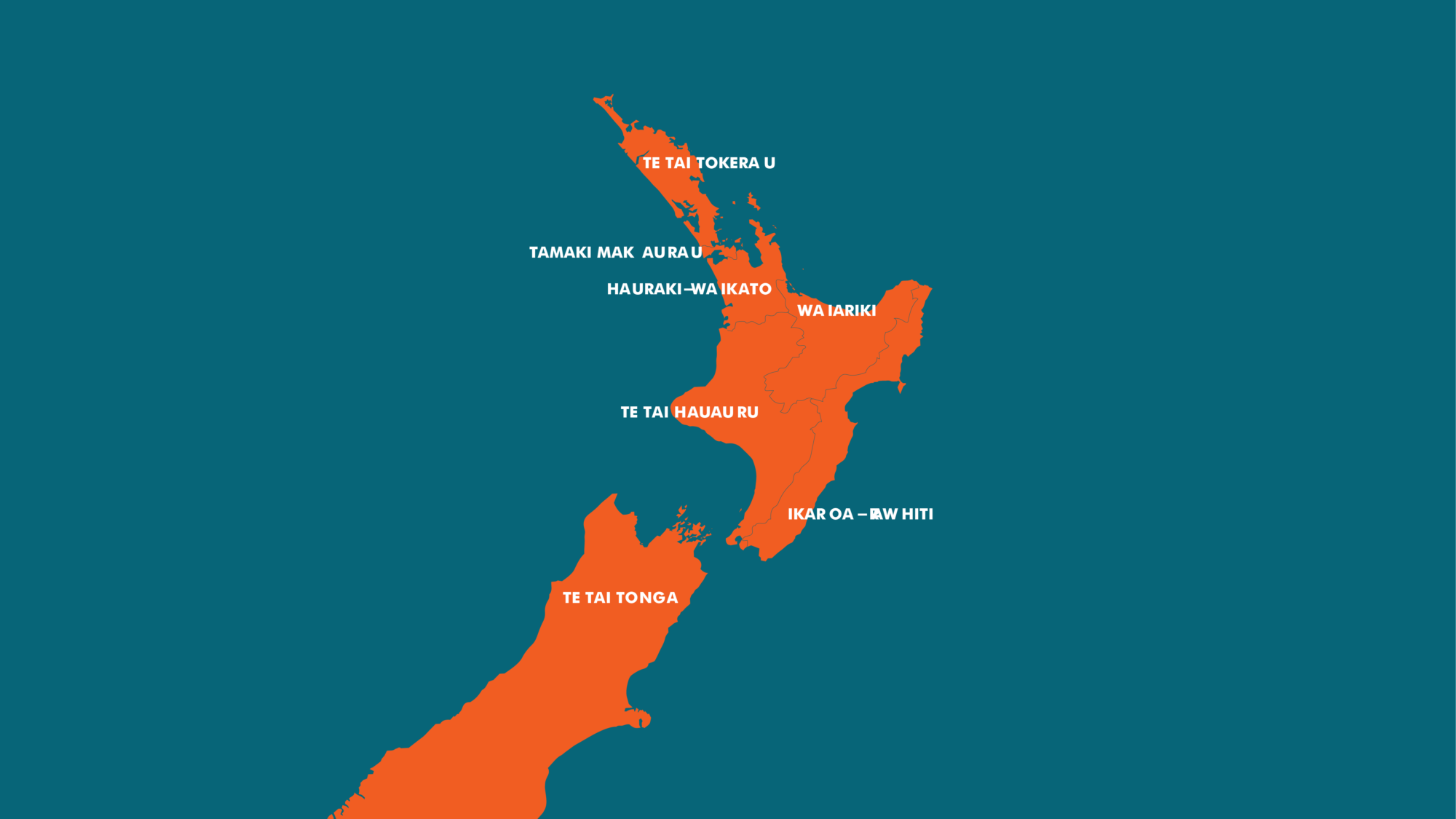
The Māori roll dates to the 1860’s when Parliament decided to allow Māori men aged over 21 years old to vote. This was a time when only white, male property owners could vote so was relatively progressive for the times. It was supposed to be a temporary measure to give Māori more direct input into the Government. The measure was later extended and ultimately made permanent in 1876. After nearly 150 years and more than a few attempts to dismantle them, the Māori Electorates are still standing. Fuck you, Don Brash.
Seriously though. Fuck that whole idea. Some progress has been made by the Crown over the centuries towards honouring the Treaty they signed in 1840. It has not always been perfect, nor has it been fast. It has constituted generations of struggle and negotiation and the work is far from done. Te Tiriti guaranteed a kind of co-governance of this land. The Māori electoral roll is one of the ways that happens. As more settlers and migrants arrived through the 19th and 20th centuries, the relative population of Māori in the general population dwindled. It is currently around 16%. Easy to drown out if the Māori seats in Parliament were abolished. Which is why they have been targets of right-wing white nationalist shills for generations. Once again for posterity, and most sincerely, Dr. Brash, fuck you.
The Māori roll protects against the dilution of Māori voices in the affairs of the nation that was once entirely Māori. It is a feature of our Government that makes us unique amongst nations of the post-colonial world order. For proof, look no further than our Aussie neighbour. Or the colonial treatment of the indigenous nations of the Americas. These are shameful examples of colonialism with no conscience. We are not perfect, no, but the Māori seats are one of Aotearoa New Zealand’s crowning victories.
The Māori Electorate system is not without its problems. The inability to change between the Māori and General roll except during the Māori Electoral Option held every five years disenfranchises mobile Māori who move outside their electorate. In the home electorate these Māori can at least have their say at the marae or with their wider whānau but living in another district and unable to change rolls, they lose their voice. This is an area that needs reform. If the wealthy voters of Epsom are allowed to vote strategically to affect the make up the next Parliament by including fringe parties that will get nowhere near the popular vote threshold for the general election, this must also be permitted to Māori who make their homes in different places around the country.
This is, in the scheme of things, a minor adjustment to a system that has been a revolutionary force for our society. The Māori Electorate seats are one of the most significant means we have to honour the agreement that is at the bedrock of our modern South Pacific nation. And if anybody tries to tell you otherwise, you can tell them: Fuck you Don Brash.